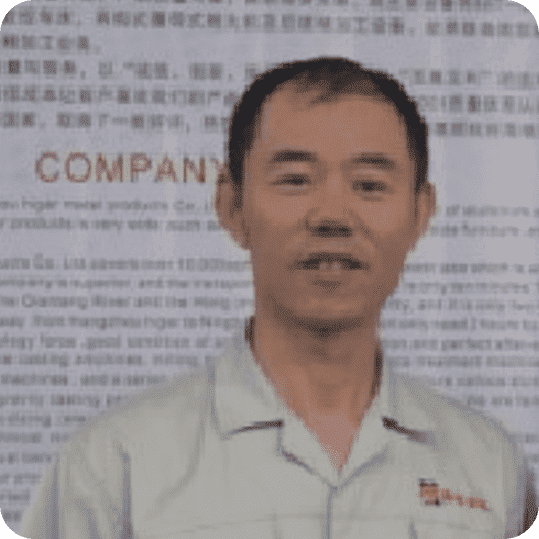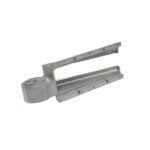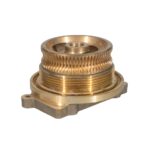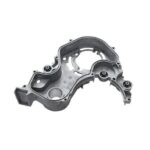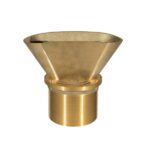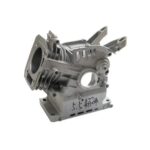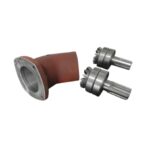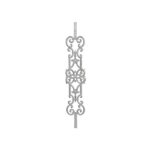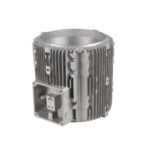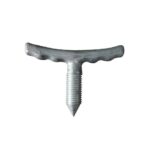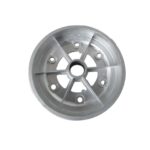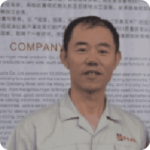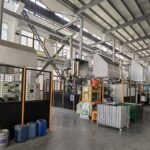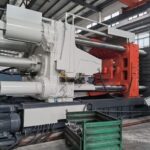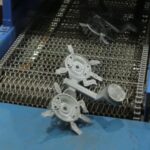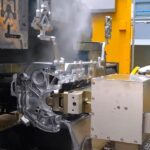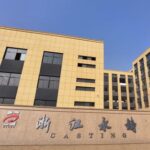Why Russian Buyers Look for Local Die Casting Suppliers
We understand why many Russian manufacturers, especially those based in or near Moscow, search for local aluminum die casting suppliers. The promise of faster delivery, easier communication, and reduced shipping costs seems appealing.
But after working with Russian clients for years, we’ve realized there’s a gap between expectations and reality. Whether you’re sourcing parts for trucks, heavy equipment, or industrial enclosures, understanding what to expect from local versus international suppliers can save time and money.
What Local Russian Suppliers Offer — And Where Gaps May Appear
From our experience, local suppliers in Russia provide solid capabilities for basic aluminum parts. But when it comes to complex designs, tight tolerances, or international packaging standards, there are noticeable gaps.
Here’s what most buyers should realistically expect:
- Common alloys available: AK12M2 and AK7 dominate. ADC12, A380, or custom alloys are rarely offered without long lead times.
- Typical tolerances: ±0.2 mm is common; tighter tolerances often require manual rework or are outsourced.
- Lead time for new tooling: 35–60 days is the norm. Some foundries may take longer during winter or holidays.
- Communication challenges: English technical support is limited. Drawings or DFM feedback may not follow international standards.
- Export-readiness: Packaging is often optimized for domestic use — bulk-packed in wooden crates, limited humidity control.
In comparison, international factories like ours are used to 100% export conditions: vacuum packing, desiccant protection, clear labeling, and ISO-certified traceability.
How We Compare: Yongzhu Casting vs Moscow Suppliers
We’ve worked with buyers near Moscow who originally sourced locally but faced issues ranging from inconsistent tolerance control to unstable lead times. Here’s how we compare on key metrics:
| Specification | Moscow Area Suppliers | Yongzhu Casting (China) |
|---|---|---|
| Common Alloys | AK12M2, AK7 | ADC12, A380, EN AC-46500, etc. |
| Tolerance (standard) | ±0.20 mm | ±0.05 mm (CNC after-cast) |
| MOQ for casting | Often ≥ 1000 pcs | 300 pcs for new items |
| DFM support (English) | Limited or none | Full bilingual technical team |
| Tooling Lead Time | 35–60 days | 25–35 days |
| Surface Finish Options | Basic shot blasting | Shot blasting, anodizing, powder coating |
| Export Packing | Basic crates | Vacuum seal + corrosion control |
| Response Speed | 2–3 days avg | <24 hours standard |
A Real Story from a Buyer in Canada
A client initially worked with a regional supplier for electric vehicle bracket castings. Their main concern was lead time, thinking local sourcing would be faster. However, after the first two orders, they noticed shrinkage near mounting holes and inconsistent fitting with mating components.
Tool modification requests took weeks to process. Surface finish was also rougher than promised, and English communication was slow — most emails required double-checking via Google Translate.
Eventually, they approached us with the same drawing. We reviewed it in 48 hours with full DFM feedback, optimized wall thickness to reduce shrinkage, and delivered mold samples in 30 days. Today, we still produce this bracket, and the client shifted all die-cast sourcing for their pilot vehicle program to us.
Why Choosing the Right Fit Beats Choosing the Nearest Supplier
From our experience, being “close” doesn’t always mean being “right.” If you’re sourcing parts for demanding applications — such as truck chassis components, heat exchangers, or electronic enclosures — quality, consistency, and communication matter more than geographic proximity.
We’re not here to displace your local partners. But if you need aluminum die casting that meets global expectations — with alloys like ADC12, tolerances within ±0.05 mm, and transparent production processes — we’re ready to support you.

